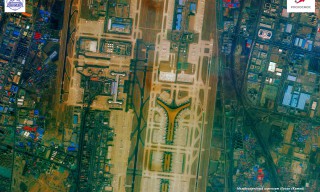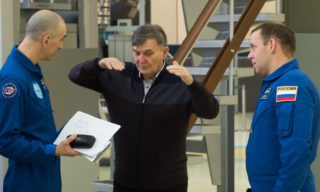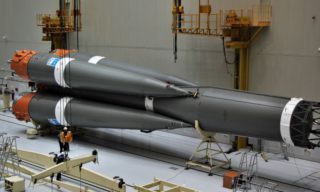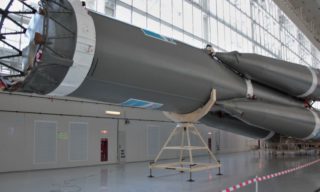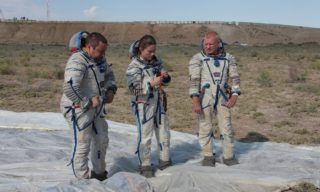The third Glonass-K new generation navigational satellite launched on Sunday from Plesetsk launchsite with the help of Soyuz-2.1b booster was successfully inserted into the estimated orbit.
Soyuz was launched on October 25 at 22.08, Moscow time, at 22.11 ground-based Aerospace Forces operation crews took over the control of the flight. At 22.19 Fregat upper stage with the satellite separated from the third stage of the booster.
It was the 12th space launch Russia has performed in 2020 and the fifth one – performed from Plesetsk launchsite.
The first Glonass-k satellite was inserted into the orbit in 2011 and passed the flight tests, the second one was launched in December 2014 and was put into operation in February 2016.
According to Reshetnev Informational Satellite Systems Company the third Glonass-K satellite was developed taking into consideration the results of flight tests of the two satellites launched and has more components produced in Russia. Initially the launch was planned for March but several times rescheduled.
New generation satellites Glonass-K and Glonass-K2 differ from Glonass-M by increased quantity of navigational signals beamed.
Besides Glonass-K is equipped with COSPAR-SARSAT search and rescue international system.
Currently Russian GLONASS system comprises twenty eight satellites: twenty five Glonass-M and three Glonass-K. Twenty four of them are in operation, one is being tested, one under maintenance one in reserve and one is being put into operation. Twenty four satellites are needed to cover the Earth surface.







